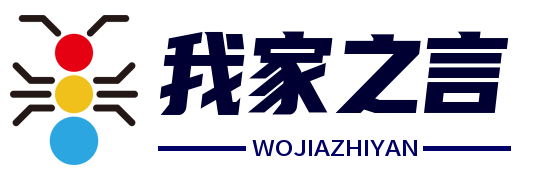In the 21st century, technology has become an integral part of our daily lives, transforming the way we communicate, work, learn, and entertain ourselves. The rapid advancements in technology have brought about significant changes that have both positive and negative implications. This essay will explore the various aspects of how technology has shaped our lives and the potential future developments that may further influence our daily routines.
One of the most notable impacts of technology is in the realm of communication. With the advent of smartphones, social media platforms, and instant messaging apps, people can now connect with others across the globe in real-time. This has led to the formation of global communities and has made it easier for individuals to maintain long-distance relationships. However, this constant connectivity has also raised concerns about privacy and the quality of personal interactions, as face-to-face communication is often replaced by digital exchanges.
In the workplace, technology has revolutionized the way businesses operate. Automation and artificial intelligence have streamlined processes, increasing efficiency and reducing the need for manual labor in many industries. Remote work has become more feasible due to advancements in communication and collaboration tools, allowing employees to work from anywhere in the world. This flexibility has been particularly beneficial during the COVID-19 pandemic, where remote work has become a necessity for many. However, the shift to remote work has also highlighted issues such as work-life balance and the digital divide, where not everyone has equal access to the necessary technology and resources.
Education has also been significantly impacted by technology. Online learning platforms have made education more accessible to a broader audience, including those who may not have access to traditional educational institutions. These platforms offer a wide range of courses and degrees, allowing individuals to learn at their own pace and according to their own schedules. Additionally, educational technology (edtech) tools have been developed to enhance the learning experience, making it more interactive and engaging. Despite these benefits, there are concerns about the digital divide in education, where students without access to technology may be left behind, and the potential loss of social interaction that traditional classrooms provide.
Entertainment has also seen a transformation due to technology. Streaming services have replaced traditional cable television, offering a vast array of content that can be accessed on-demand. Virtual reality and augmented reality technologies have opened up new possibilities for gaming and interactive experiences. However, the proliferation of digital entertainment has also led to concerns about screen time and its effects on mental health, as well as the potential for addiction to digital platforms.
Looking to the future, technology is expected to continue shaping our lives in unprecedented ways. The Internet of Things (IoT) is set to connect everyday devices to the internet, creating a more interconnected and automated home environment. This could lead to increased convenience and efficiency but also raises questions about data security and privacy. Additionally, advancements in biotechnology and genetic engineering may lead to personalized medicine and the potential to eradicate certain diseases, but these developments also bring ethical considerations and the need for regulation.
In conclusion, technology has undeniably transformed our daily lives, offering numerous benefits such as improved communication, increased efficiency, and greater access to education and entertainment. However, these advancements also come with challenges, including privacy concerns, the digital divide, and the need to balance technology use with personal well-being. As we continue to integrate technology into our lives, it is crucial to consider these implications and work towards solutions that ensure technology serves as a tool for positive change and enhances the quality of life for all.






